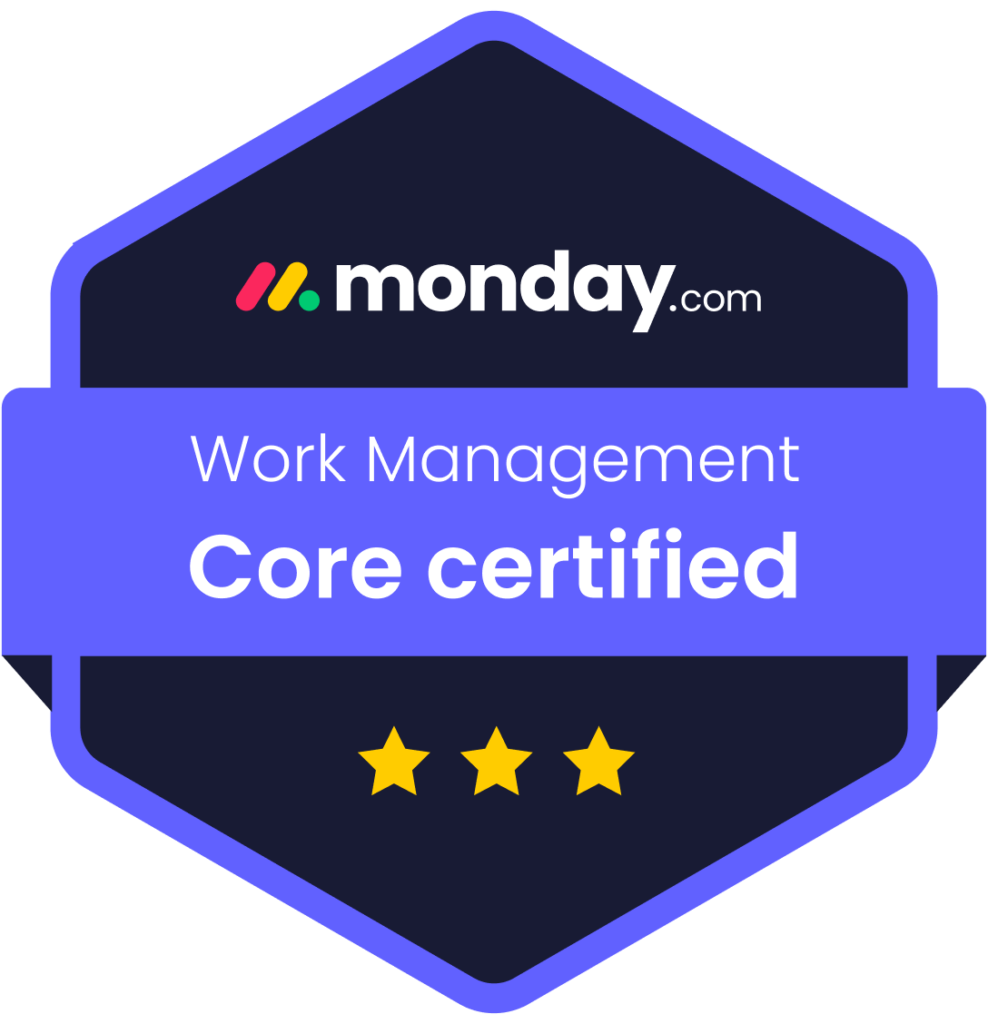As a custom home builder, your website should be a powerful lead-generation tool that showcases your expertise, services, and portfolio. However, many custom homebuilder websites fail to convert visitors into leads, resulting in missed business opportunities. Here are five common reasons your custom home builder website might not be generating leads—and how to fix them.
1. Poor Website Design and User Experience
Your website’s design is often the first impression potential clients have of your business. A poorly designed or cluttered website can make your business look unprofessional, causing visitors to leave before engaging further.
Outdated or Unprofessional Design
An outdated website design can make your business seem out of touch. Since custom home building is a design-oriented field, your website should reflect modern aesthetics. Investing in a professional, clean design with high-quality images, sleek layouts, and ample white space creates a sense of professionalism and attention to detail.
Complicated Navigation
If visitors can’t find the information they’re looking for quickly, they’re likely to leave. Your website should have an intuitive structure with clear menus, concise navigation, and direct links to key pages such as “Our Services,” “Portfolio,” “Testimonials,” and “Contact Us.” Organizing pages with clear headings helps visitors find what they need without frustration.
Mobile Responsiveness
With more people using mobile devices to browse the internet, a mobile-friendly website is essential. A responsive design ensures that your website adapts to different screen sizes, making it easy for visitors to view images, read content, and fill out contact forms from their smartphones or tablets.
2. Lack of Compelling Calls to Action (CTAs)
Without strong calls to action (CTAs), visitors may not know how to take the next step to contact you. CTAs are essential for guiding visitors toward actions like scheduling a consultation, requesting a quote, or exploring your portfolio.
CTAs That Lack Clarity or Are Hard to Find
CTAs should be direct, clearly visible, and placed strategically throughout your website. For instance, buttons like “Schedule a Free Consultation,” “Request a Quote,” or “See Our Portfolio” should be prominent on the homepage and other pages. Place them at the top of pages, near the end of each service description, and within contact forms.
Include CTAs on Every Page
To maximize conversion potential, include a CTA on every page. By consistently prompting visitors to take action, you make it easier for them to engage without needing to search for contact information.
3. Missing or Incomplete Service Information
Potential clients need a clear understanding of the services you offer and what sets you apart from other home builders. If your website lacks detailed service descriptions, visitors may not realize the full scope of your capabilities and may leave to find a more informative website.
Detailed Descriptions of Your Services
Each of your services, whether it’s custom home building, remodeling, or design consultation, should have a dedicated page with a brief description. Explain your process, from design to construction, and include any unique approaches, specialties, or guarantees you offer. The more informative and transparent you are, the more potential clients can trust your expertise.
Highlight Specific Niches or Specialties
If you specialize in certain areas, like sustainable or eco-friendly homes, high-end luxury finishes, or unique architectural designs, emphasize these specialties. Adding keywords like “luxury custom homes” or “energy-efficient home building” can help you rank better in searches and attract clients looking for these specific features.
Showcase Your Portfolio
Custom home building is a visual industry, so showcasing your past projects is essential. Create a gallery or portfolio page with high-quality images and project descriptions. Highlight key aspects, such as “Modern Lakefront Home” or “Mediterranean Style Mansion,” to demonstrate your range of skills and attract clients with similar tastes.
4. Poor SEO Strategy and Lack of Local Focus
If your website isn’t optimized for search engines, it won’t rank well in search results, and potential clients won’t be able to find you online. A strong SEO strategy is essential to drive organic traffic and connect with clients searching for custom home builders in your area.
Lack of Local Keywords
For custom home builders, local SEO is vital. Potential clients often search for services near them, so your website should include local keywords like “custom home builder in [City]” or “new home construction in [Region].” Incorporate these keywords naturally into your content, page titles, and meta descriptions to boost your rankings for local searches.
Missing Location-Specific Pages
If your company serves multiple cities or areas, consider creating dedicated pages for each location. This allows you to target specific keywords related to each area, increasing your visibility in those search results. Each page should include local keywords and details about your services in that particular region.
Neglecting On-Page SEO Basics
Basic SEO elements like optimized page titles, meta descriptions, header tags, and image alt text can improve your website’s visibility in search results. Use clear, keyword-rich titles and descriptions that convey the value of your services. For instance, instead of generic titles like “Our Services,” use titles like “Custom Home Building Services in [City]” for better SEO impact.
5. Lack of Trust-Building Elements
Trust is essential in the custom home building industry, where clients are making significant investments. Without visible trust-building elements, visitors may be hesitant to reach out or move forward with your company.
Client Testimonials and Reviews
Client testimonials are a powerful way to build credibility. Showcase reviews from past clients on your homepage, portfolio pages, and service pages. Positive feedback and success stories can reassure potential clients of your professionalism and the quality of your work.
Industry Certifications and Memberships
If your business has certifications, memberships, or awards from industry associations, display them on your website. Badges from associations like the National Association of Home Builders (NAHB) or the U.S. Green Building Council (USGBC) can give clients confidence in your expertise and adherence to industry standards.
Case Studies and Project Success Stories
Consider adding case studies or in-depth project profiles that provide insights into your process and the challenges you’ve overcome. Describe the client’s needs, your approach to meeting those needs, and the outcome of the project. Case studies provide concrete examples of your work and can help build trust with visitors who want to understand the value you provide.
High-Quality Images and Videos of Completed Projects
Visual content is essential for building trust in the custom home-building industry. Use professional, high-quality images and videos of your completed projects to showcase your craftsmanship. Include images of each project’s exterior, interior, and unique design features to give visitors a sense of the quality they can expect from your work.
Conclusion
If your custom home builder website isn’t generating leads, it may be due to poor design, a lack of clear CTAs, missing service information, inadequate SEO, or a lack of trust-building elements. Addressing these issues can make a significant difference in your website’s ability to attract and convert potential clients.
By improving the user experience, optimizing your website for local SEO, showcasing your services and past projects, and building trust through testimonials and certifications, you can turn your website into an effective lead-generation tool. These strategies will help you attract more visitors, engage potential clients, and ultimately grow your custom home-building business.













